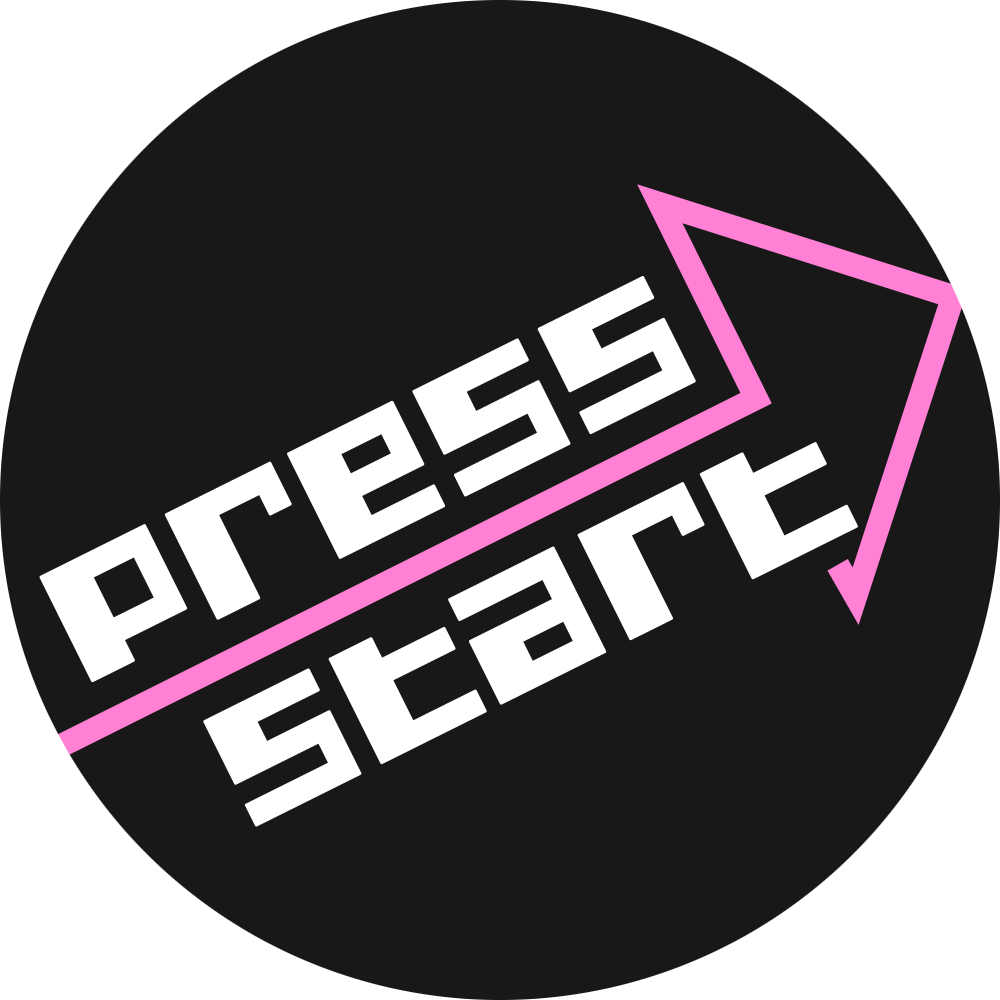I used Plex for my home media for almost a year, then it stopped playing nice for reasons I gave up on diagnosing. While looking at alternatives, I found Jellyfin which is much more responsive, IMO, and the UI is much nicer as well.
It gets relegated to playing Fraggle Rock and Bluey on repeat for my kiddo these days, but I am absolutely in love with the software.
What are some other FOSS gems that are a better experience UX/UI-wise than their proprietary counterparts?
EDIT: Autocorrect turned something into “smaller” instead of what I meant it to be when I wrote this post, and I can’t remember what I meant for it to say so it got axed instead.


I agree with you in the mindset. “Free as in free beer” is not the important aspect for me, so much as the “free as in free speech” bit.
Funny that all the things you listed you wished were better than the competition falls almost entirely under the purview of artistic solutions. GIMP, DarkTable, Inkscape, etc. I’ve always heard, and I think for the most part it holds true, that FOSS software for artists is usually a worse experience because it’s primarily dominated by software designed and implemented by technically minded people for technically minded people who happen to be artistic, rather than designed by artistically minded people and implemented by technically minded people.
I know it’s probably an unpopular view, but I’ve found it to be true a lot.
It’s not. It’s the same reason why Linux is everywhere that isn’t specifically consumer oriented and front facing. Even most UIs that are designed to mimic Windows are made by tech nerds like us who just assume the users don’t know what they want. But they do, they’re used to what they know. That’s about it. It doesn’t help to say “the Windows UI is garbage anyway”, it just needs to work and feel familiar. I’m sure Linux could actually slowly take off if there was significant effort put into making it as straight forward as Windows on the front end but nobody really cares about that.
It’s not… unpopular? Or it’s not true?
I find the assumption goes the opposite way. Linux, and FOSS as a whole, often assumes the user is knowledgeable and knows what they’re doing. Proprietary software often assumes the user knows nothing and will never know anything if they don’t hold your hand through the entire process and obfuscate and abstract all the decisions and work to a place you won’t see it, and then puts obstacles in your way to getting to it.
FOSS says, “you wanna pop the hood? Here you go, and here are all the tools you’ll need to do whatever you want,” and walks off.
Proprietary software says, “are you sure you don’t want to drop it off at the shop first? At least call a mechanic. Tools? No, no, you don’t need tools… don’t go find some, there’s no need, we can just call a tow truck. No, no, the nails are supposed to be there. Yeah, I nailed the hood shut. And super glued it. Well, I didn’t think you’d want in there… besides, you’re not a mechanic, you’ve got no idea how an engine works…” and once you do get in, it’s peeking over your shoulder the whole time reminding you that you really shouldn’t be doing that, there are professionals for that sort of thing.
That is an interesting observation, though, it is getting quite better. Blender is top tier. Gimp, Krita and InkScape are also exceptional software. Just a little bit rough around the edges, and some niche commercial applications. Very easy to be highly productive with those tools. Same with FreeCAD. But, where as Gimp, Krita and InkScape I would say are 8/10 in feature completeness, FreeCAD is more 5/10.